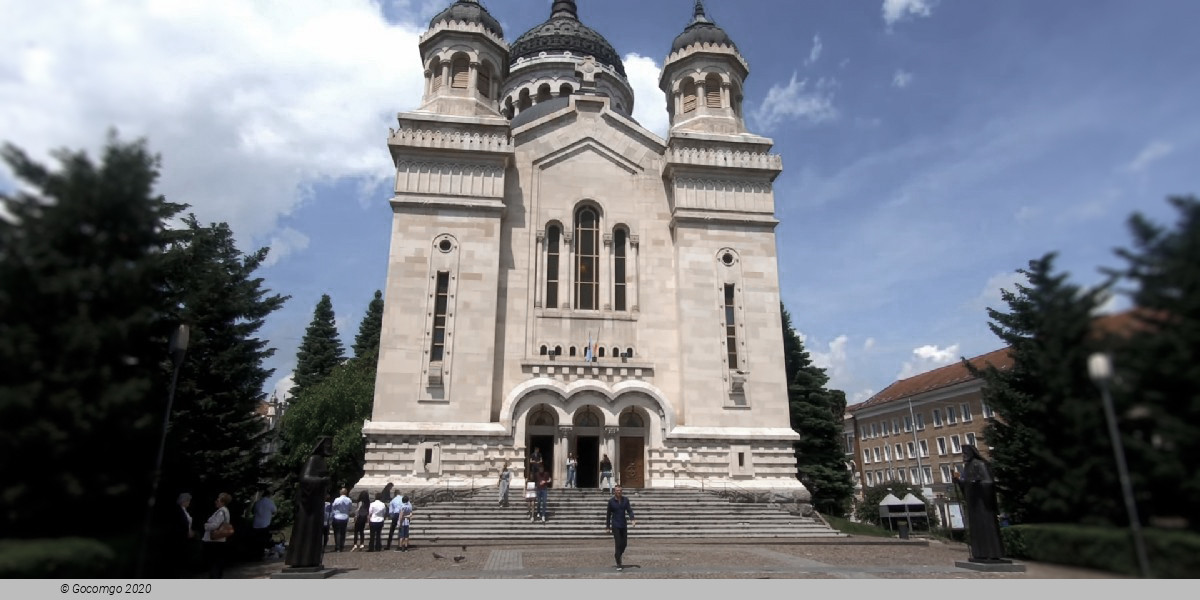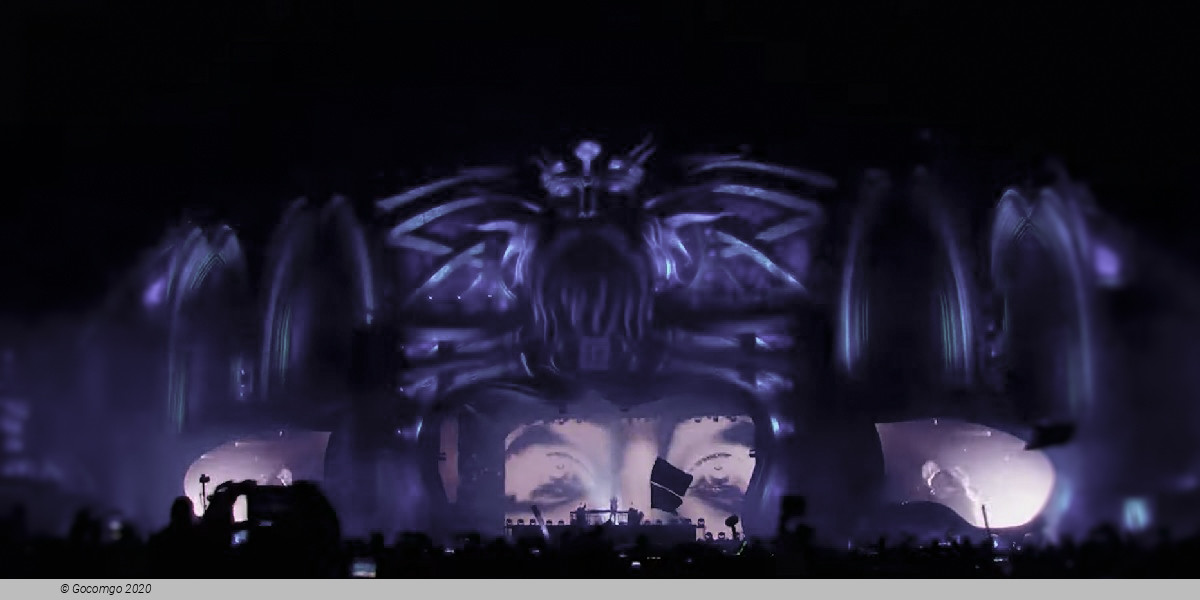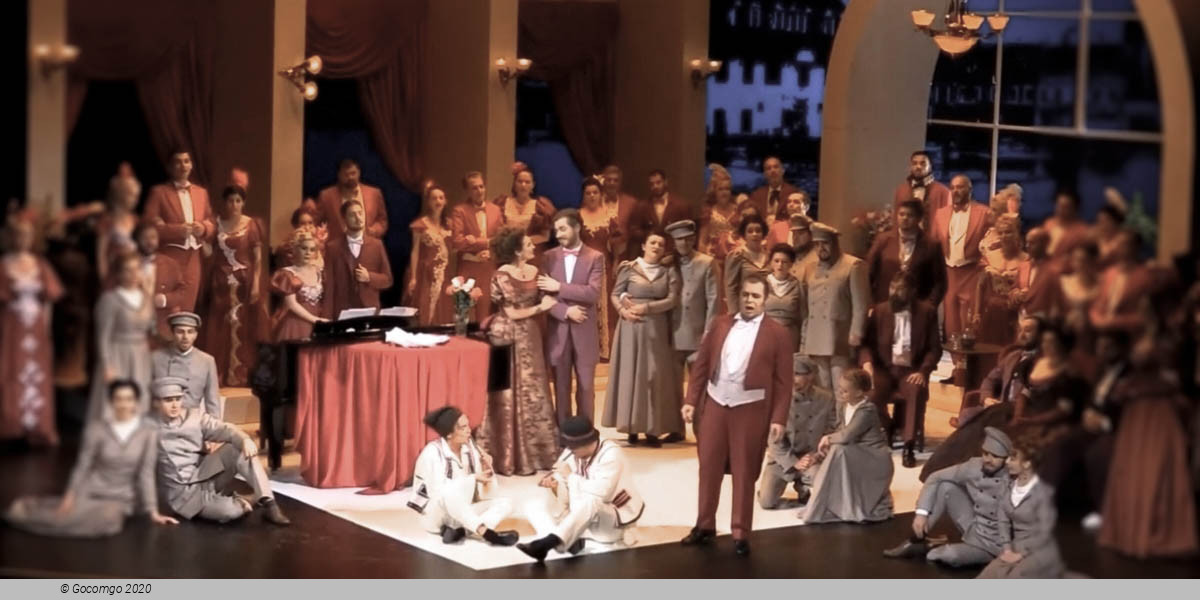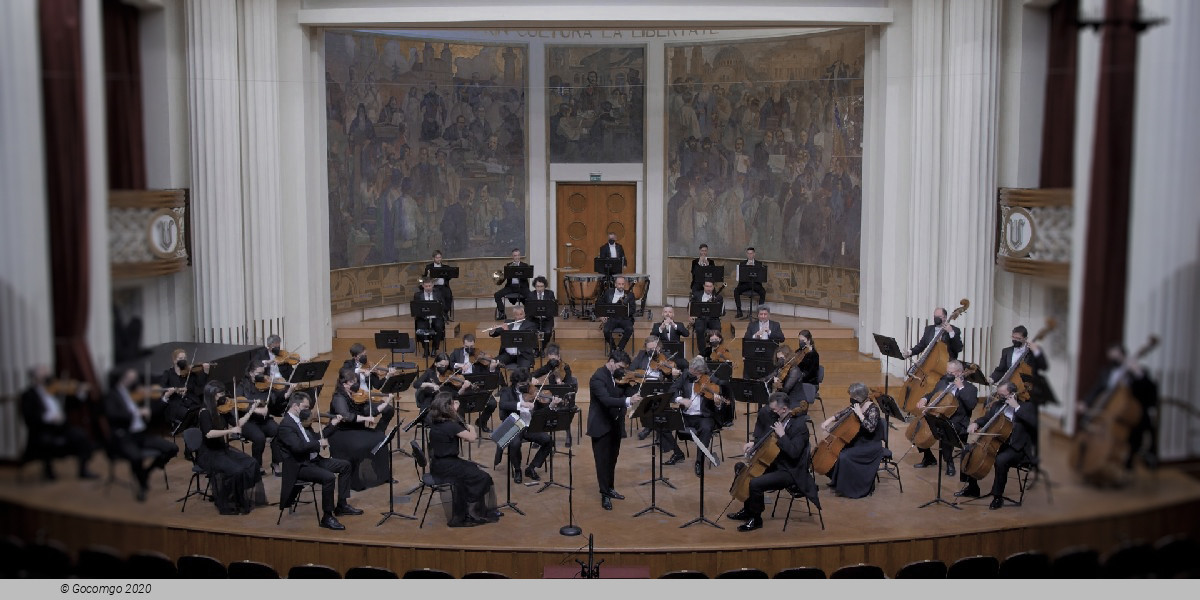Venues in Cluj-Napoca

Cluj-Napoca, commonly known as Cluj, is the fourth most populous city in Romania and the seat of Cluj County in the northwestern part of the country. Geographically, it is roughly equidistant from Bucharest , Budapest and Belgrade. Located in the Someșul Mic river valley, the city is considered the unofficial capital to the historical province of Transylvania. From 1790 to 1848 and from 1861 to 1867, it was the official capital of the Grand Principality of Transylvania.
Cluj-Napoca has a diverse and growing cultural scene, with cultural life exhibited in a number of fields, including the visual arts, performing arts and nightlife. The city's cultural scene spans its history, dating back to Roman times: the city started to be built in that period, which has left its mark on the urban layout (centered on today's Piața Muzeului) as well as surviving ruins. However, the medieval town saw a shift in its centre towards new civil and religious structures, notably St. Michael's Church.
During the 16th century the city became the chief cultural and religious centre of Transylvania; in the 1820s and the first half of the 1830s, Kolozsvár was the most important centre for Hungarian theatre and opera, while at the beginning of the 20th century, still a Hungarian city, it became the chief alternative to the cinematography of Budapest. After its incorporation into the Kingdom of Romania at the end of World War I, the renamed Cluj saw a resurgence of its Romanian culture, most conspicuous in the completion of the monumental Orthodox cathedral in 1933 across from the (newly nationalised) Romanian National Theatre. This marked an unambiguously "Romanian" centre, a few blocks to the east of the old Hungarian centre; however, the Romanian-ness of the town—like the Romanian hold on Transylvania—was by no means securely established even by the end of the interwar period. The late 1960s brought a revival of nationalist discourse, concomitant with the urbanisation and industrialisation of the city that gradually advanced the Romanianisation of the city. Nowadays, the city is home to people of different cultures, with corresponding cultural institutions such as the Hungarian State Theatre, as well as the British Council and various other centres for the promotion of foreign cultures. These institutions hold eclectic manifestations in honour of their cultures, including Bessarabian, Hungarian, Tunisian, and Japanese. Nevertheless, contemporary cultural manifestations cross ethnic boundaries, being aimed at students, cinephiles, and arts and science lovers, among others.
Cluj-Napoca is the residence of some well-known Romanian musicians. Examples of homegrown bands include the Romanian alternative rock band Kumm, the rock band Compact, the rhythm and blues band Nightlosers, the alternative band Luna Amară, Grimus—the winners of the 2007 National Finals of Global Battle of the Bands, the modern pop band Sistem—which finished third in the Eurovision Song Contest 2005, as well as a large assortment of electronic music producers, notably Horace Dan D. The Cheeky Girls also grew up in the city, where they studied at the High School of Choreography and Dramatic Art. While many discos play commercial house music, the city has an increasing minimal techno scene, and, to an extent jazz/blues and heavy metal/punk. The city's nightlife, particularly its club scene, grew significantly in the 1990s, and continues to increase. Most entertainment venues are dispersed throughout the city centre, spreading from the oldest one of all, Diesel Club, on Unirii Square. The list of large and fancy clubs continues with Obsession The Club and Midi, the latter being a venue for the new minimal techno music genre. These three clubs are classified as the top three clubs in the Transylvania-Banat region in a chart published by the national daily România Liberă. The Unirii area also features the Fashion Bar, with an exclusive terrace sponsored by Fashion TV. Some other clubs in the centre are Aftereight, Avenue, Bamboo, Decadence, Kharma and Molotov Pub. Numerous restaurants, pizzerias and coffee shops provide regional as well as international cuisine; many of these offer cultural activities like music and fashion shows or art exhibitions.
The city also includes Strada Piezișă (slanted street), a central nightlife strip located in the Hașdeu student area, where a large number of bars and terraces are situated. Cluj-Napoca is not limited to these international music genres, as there are also a number of discos where local "Lăutari" play manele, a Turkish-influenced type of music.




